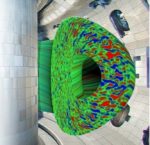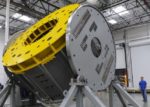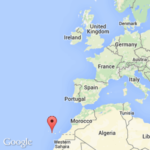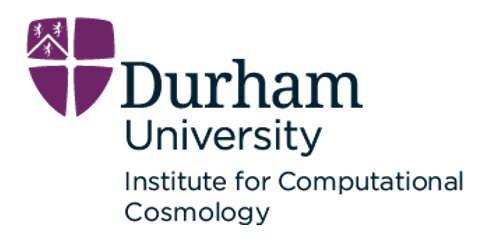Researchers are using Deep Learning techniques on DOE supercomputers to help develop fusion energy. “Unlike classical machine learning methods, FRNN—the first deep learning code applied to disruption prediction—can analyze data with many different variables such as the plasma current, temperature, and density. Using a combination of recurrent neural networks and convolutional neural networks, FRNN observes thousands of experimental runs called “shots,” both those that led to disruptions and those that did not, to determine which factors cause disruptions.”
Advancing Fusion Science with CGYRO using GPU-based Leadership Systems
Jeff Candy and Igor Sfiligoi from General Atomics gave this talk at the GPU Technology Conference. “Gyrokinetic simulations are one of the most useful tools for understanding fusion science. We’ll explain how we designed and implemented CGYRO to make good use of the tens of thousands of GPUs on such systems, which provide simulations that bring us closer to fusion as an abundant clean energy source. We’ll also share benchmarking results of both CPU- and GPU-Based systems.”
General Atomics Fabricates First ITER Central Solenoid Module for Nuclear Fusion
Engineers at General Atomics have completed fabrication of the first ITER Central Solenoid Module for nuclear fusion. When the ITER fusion energy project in France powers up in 2025, its first operations will be enabled by the largest pulsed superconducting magnet ever built – a magnet that has roots in Southern California.
Marina Becoulet from CEA to Keynote PASC18
Today the PASC18 conference announced that Marina Becoulet from CEA will be one of its keynote speakers. “The main goal of the International Thermonuclear Experimental Reactor (ITER) project is the demonstration of the feasibility of future clean energy sources based on nuclear fusion in magnetically confined plasma. In the era of ITER construction, fusion plasma theory and modeling provide not only a deep understanding of a specific phenomenon, but moreover, modeling-based design is critical for ensuring active plasma control.”
Huawei to Provide HPC Services to Tenerife in Canary Islands
Today Huawei an agreement with the Institute of Technology and Renewable Energy (ITER) to provide HPC services on Tenerife, one of the Spanish-controlled Canary Islands off the west coast of Africa. “The agreement established the collaboration between ITER and Huawei to jointly develop the capacity in super-computation, smart technology, big data applications and analysis applications, in which we have made important progress,” said Carlos Antonio Rodriguez, president of the local Administrative Council that runs ITER.








